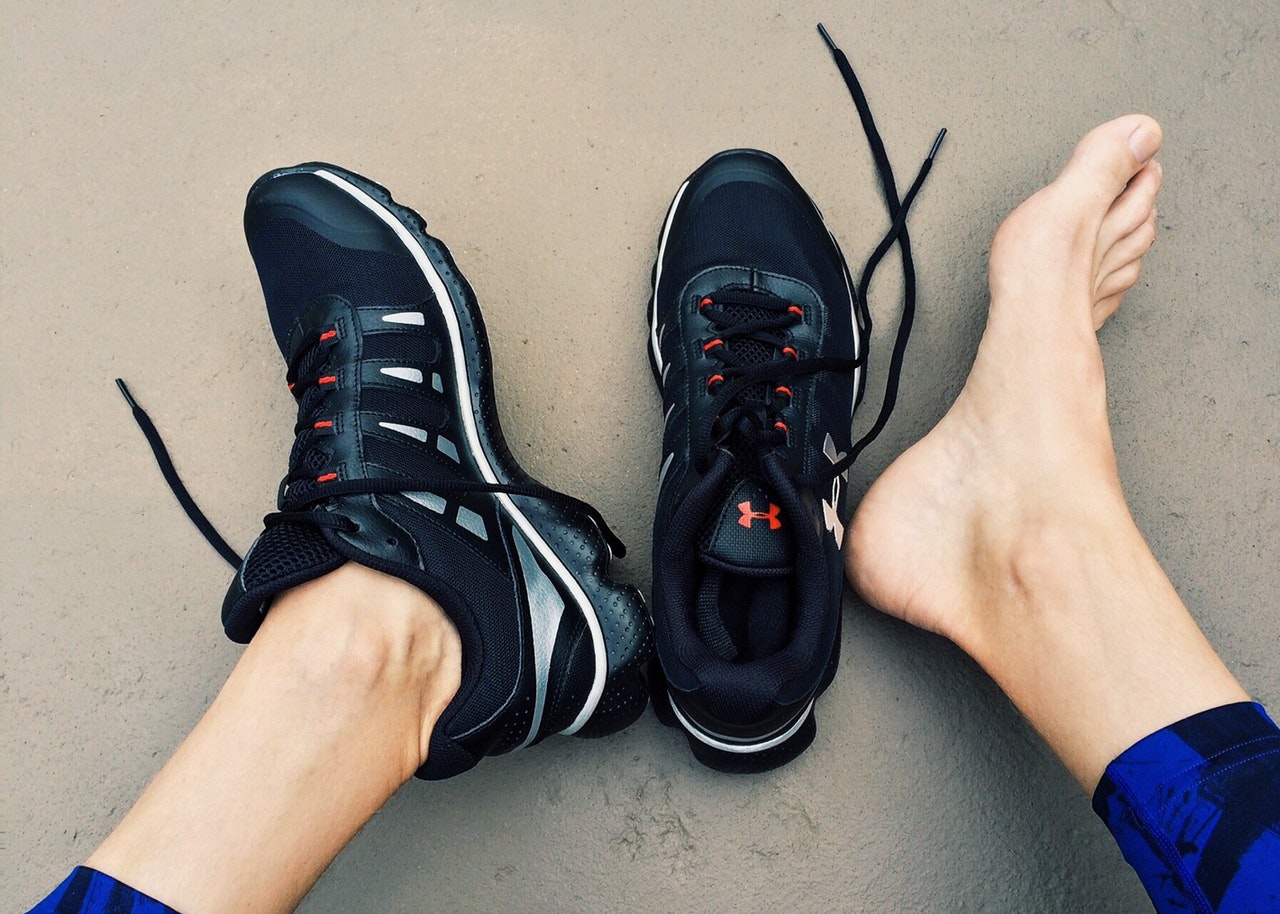Diabetic wounds are one of many nasty complications of long term uncontrolled diabetes.
Diabetic foot wounds can end up in amputations that can affect your quality of life, and it can also leave you permanently disabled. Therefore it is crucial to treat these wounds as early as possible.
In a previous post, I discussed how you should take care of your feet. But while controlling your blood sugar levels, and regular foot checkups can prevent you from getting diabetic foot wounds, what should you do when you, unfortunately, get a diabetic wound?
In this post, I will discuss what one can do to heal their diabetic foot wounds before they lead to amputations.
You can get foot wounds due to various reasons, it can be just a small scratch, to a deep penetrating wound like prick injury from a nail.
If you have diabetes, then treating these wounds aggressively is very important.
Seek early medical advice.
Most of the diabetic wounds that I come across are initially small wounds but neglected by the patients. And by the time they arrive at the hospital, the wounds have advanced, and they require some sort of wound detriment or surgery.
However, this could have been avoided if people seek early medical advice. So don’t expect your wounds to heal easily, expect the worst, and seek early medical advice whenever possible.
Keep your wounds dry and healthy
Make sure you keep the wounds dry, and healthy, take care of your wounds daily, by changing the dressings. Make sure there are no foreign bodies, like sand, small particles of the dressing, because these foreign bodies can slow down your wound healing.
Wounds that are not clean and dry, are fertile soil for bacteria and fungi to cause infections.
Not only that, but infections can also delay wound healing, sadly unattended wounds have a high risk of infection. So make sure you keep the wounds dry and pay attention to them every day and keep foreign bodies out.
Make sure to eat a healthy diet
A good hemoglobin level is essential for wound healing, that is because hemoglobin carries oxygen in your blood, and oxygen is essential for your cells, and good oxygen supply can increase your wound healing.
One thing we find often with a bad diabetic wound is that the patients also have a low level of hemoglobin in their blood.
When the hemoglobin levels are low, and when you have poor blood flow to your wound because of diabetes, the combination can greatly delay your wound healing.
So make sure you eat a well-balanced diet, full of nutrients, a high protein diet can also be beneficial for your wound healing.
Get advice from a dietician on what you should eat and make sure you eat a balanced diet.
Not only to maintain a good hemoglobin level but also the nutrients, and micronutrients, like Zinc, in a well-balanced diet can increase your wound healing.
Stop smoking
Smoking has its own set of side effects on your lungs, but that aside, smoking can narrow the blood vessels, mainly in your legs, and abdomen, from larger vessels up to the smallest ones.
When your blood supply is low to your legs, it can delay your wound healing, even though the effects of smoking can last for years even after someone stopped smoking, it is always better to start sooner than later.
Visit your diabetic wound care center
Some cities also have centers specially designed to treat diabetic wounds, if you have a similar facility near you, make sure you visit the wound care center and get your wound care and advice from a similar center that is specialized to treat diabetic wounds.
Diabetic wounds, if traded well, can have a good outcome. You will be able to carry out your daily actives without any concerns. You just have to make sure that you treat them as quickly as possible and to control your blood sugar levels.
